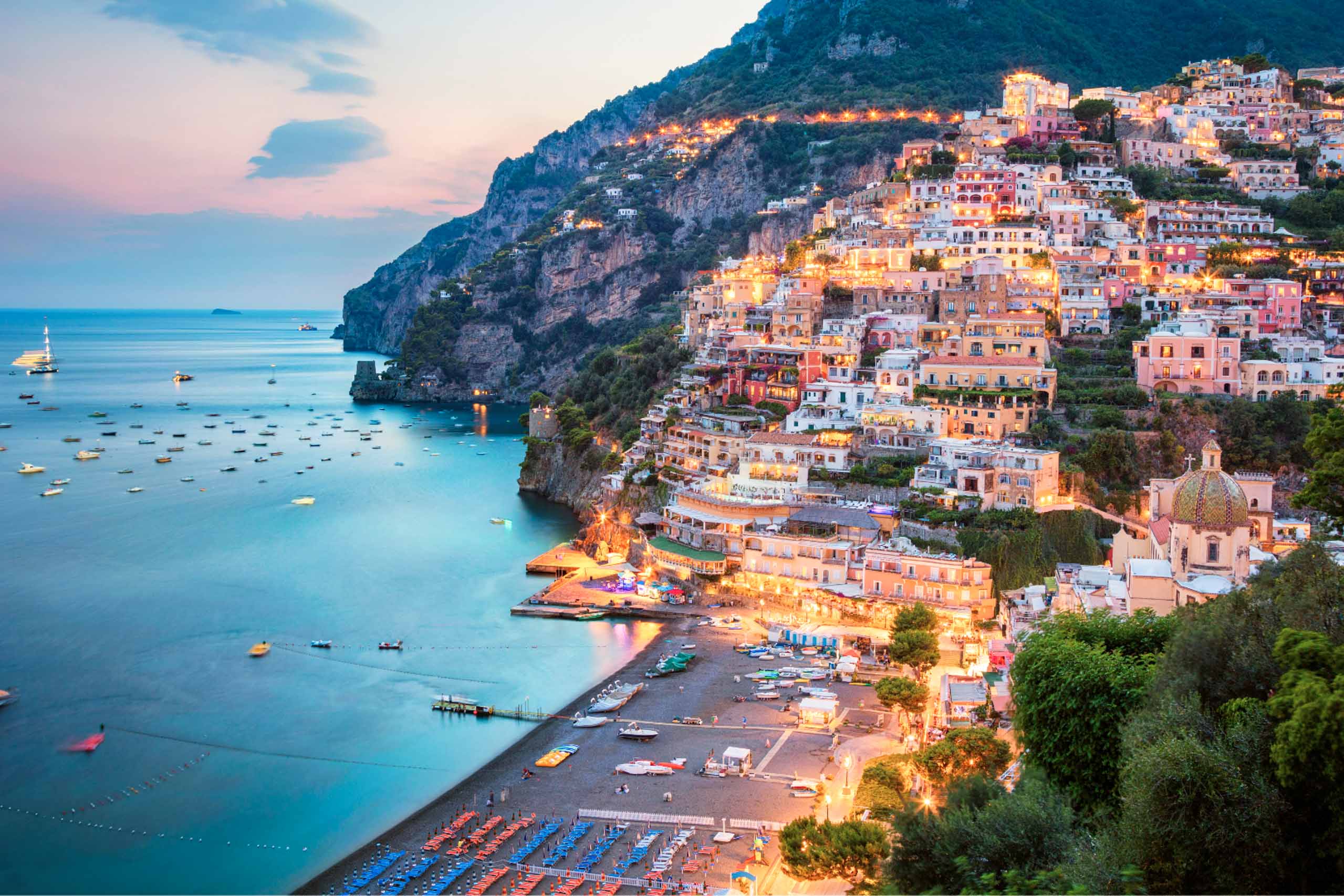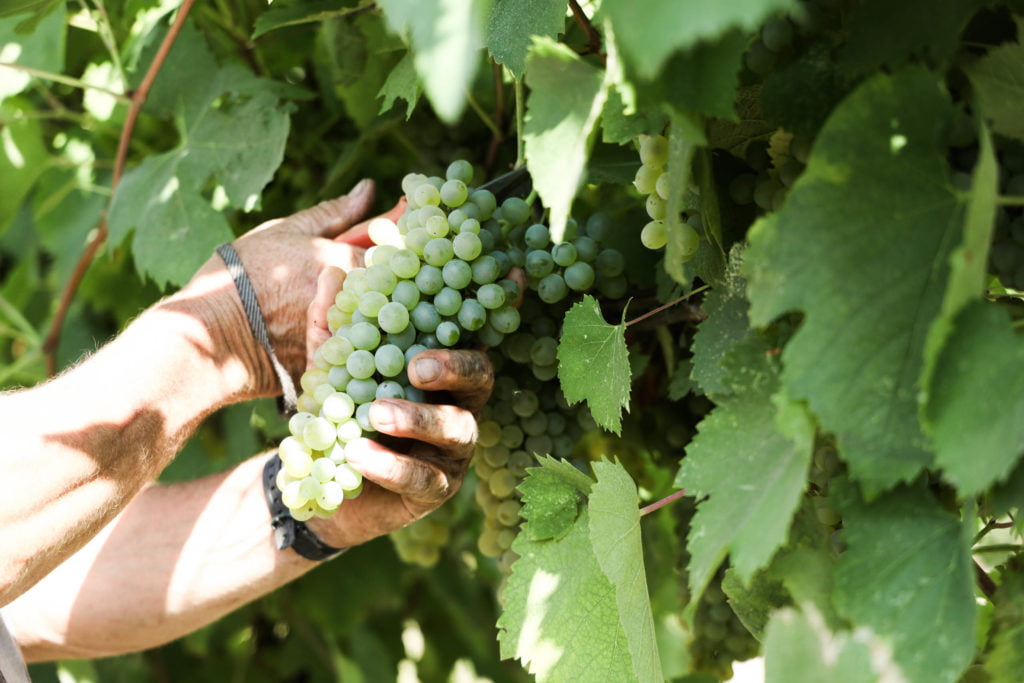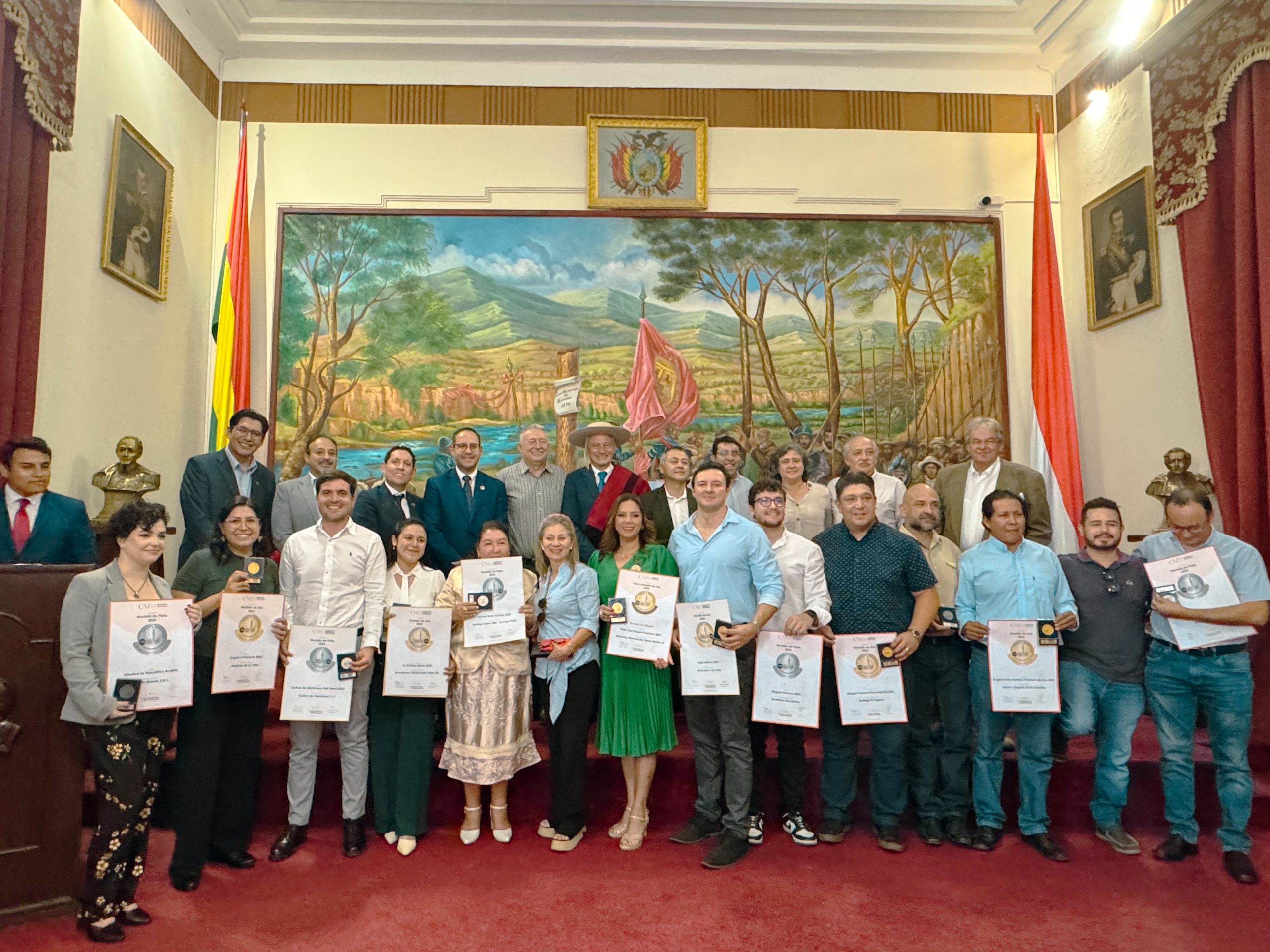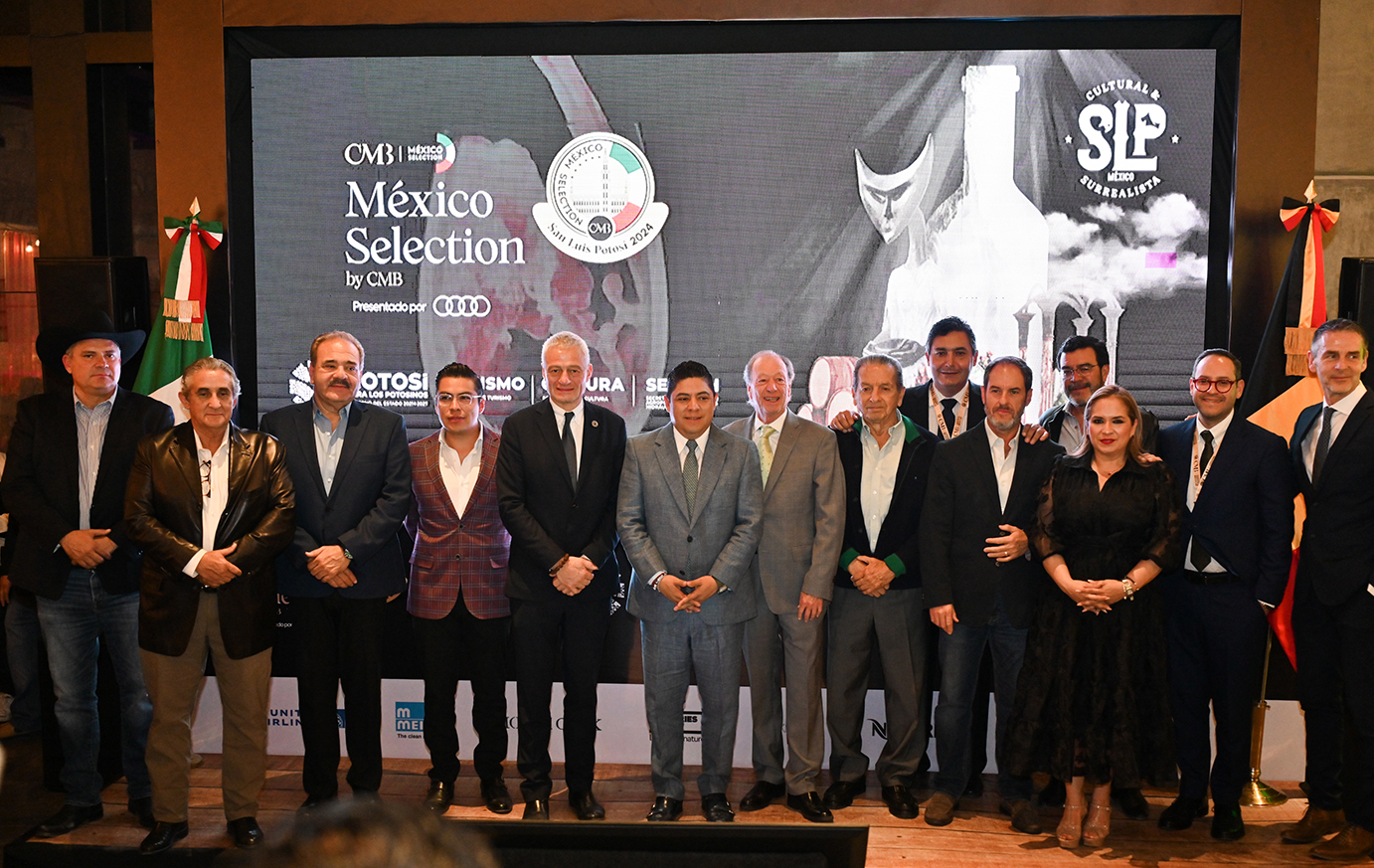Campania’s sparklings positioned to become “the next big thing” in Italian winemaking

The global sparkling wine category is currently basking in a moment of extraordinary popularity, with Champagne and Prosecco struggling to keep up with insatiable market demand. As consumers seek new and exciting options, regions with limited production volumes are presented with a golden opportunity to capture their attention. One such region, Campania, stands out with its distinctive interpretation of sparkling wines, rooted in the authenticity of native grape varieties. With its potential to offer a truly original and enticing experience, Campania is poised to attract increasing recognition and interest in the coming years, both domestically and internationally.

In an exclusive conversation with Nicola Caputo, the Councilor for Agriculture of the Campania Region, we delve into the captivating world of Campania’s wine industry. From uncovering the region’s hidden treasures to discussing recent trends in wine production, we explore the unique qualities that set Campania apart. Also, Nicola Caputo sheds light on the vital role of sustainable agriculture in the region and emphasizes the potential that Campania’s sparkling wines hold for discerning consumers seeking exceptional experiences.
How do Campania sparkling wines differ from other Italian sparkling wines, such as Prosecco or Franciacorta?
Campania sparkling wines differentiate themselves from other Italian sparkling wines primarily through the use of grape varieties native to Campania. The production landscape of sparkling wines in Campania is quite fragmented, as there is no specific area within the region that is strongly dedicated to their production, as is the case with Franciacorta in Lombardy or Prosecco in Veneto. However, there is a long-standing tradition of sparkling wine in Campania, particularly in the Agro Aversano area, where there is evidence of sparkling wines produced in the 19th century using Asprinio grapes, an autochthonous grape variety of Etruscan origin. In more recent times, sparkling wines, especially those made using the Martinotti method, have seen increasing popularity. As for the classic method, there are solid realities that have been bringing Falanghina, Greco, Fiano, and Aglianico to the market as sparkling wines for decades.
Which Campania grape varieties are currently experiencing growth in popularity and why?
Wine production in Campania is enjoying increasing success, especially for its quality white wines encapsulated by DOCG and DOC made from Falanghina, Greco, and Fiano grapes. In addition to these, there are also lesser-known grape varieties such as Asprinio, Coda di Volpe, Pallagrello Bianco, Biancolella, and grapes from the Amalfi Coast, which are receiving attention from wine lovers who are always seeking regionalauthenticity and small artisanal productions. The reason for the success of these wines lies in their close connection with the region, particularly for wines grown on volcanic soils, and their ability to be enjoyed in a variety of contexts due to their inherent pleasantness and versatility at the table. As for red wines, this year marks the 30th anniversary of the Taurasi DOCG, an emblem of winemaking excellence associated with the Aglianico grape, which is still recognized as one of the great aging wines both nationally and internationally.
Can you name any recent innovations or trends in Campania sparkling wine production?
The main trend in Campania’s sparkling wine production is actually a longstanding practice that spans theregion’s wine industry, which is a strong bond between production and the region. Producers in Campania tend to prefer native grape varieties over international ones, despite the latter having greater recognition among consumers. I believe that this choice made by Campania winemakers reaffirms, with even greater strength, the deep connection between the history of viticulture in our region and the ability to create high-quality wines that cater to the tastes of today’s consumers, setting them apart from other wine-producing areas.
There are also some products made using ancestral and sur lie methods, known as pétillant naturel, which have gained recent success among a certain type of audience.

Can you speak of any particular challenges that Campania sparkling wine producers are currently facing?
The main challenge for Campania wine producers is strengthening brand awareness and perception among wine lovers, both in Italy and abroad. In this regard, small producers face more difficulties in accessing promotional tools in international markets and rely on the Consortia, which play a fundamental role in bringing producers together and supporting them in their promotional activities. Everyone needs to work together to make Campania increasingly recognizable as a region of excellence in the production of Italian wines.
How do you see the future for Campania sparkling wine production, and what can we expect to see in the coming years?
The sparkling wine category is experiencing a moment of great popularity worldwide, as evidenced by the performance of Champagne and Prosecco, whose products seem unable to meet market demand. Given the shortage of volumes in some production regions, consumers may be encouraged to explore sparklings from different regions. Campania, with its unique interpretation rooted in the authenticity of native grape varieties, has the potential to offer an original and appealing experience. In the coming years, we can expect to see increased recognition and interest in Campania sparkling wines, both domestically and internationally. As consumers continue to seek out unique, high-quality products, Campania’s sparkling wine production is poised to contribute to the diverse and dynamic landscape of the global sparkling wine market.
Italy is one of the leading countries for production of organic and biodynamic wines. How do you see sustainable winemaking practices evolving in Campania and what role do you think they will play in the future of the wine industry?
Sustainable winemaking is an important goal for producers in Campania, as it is for the broader sustainability of regional agricultural production. The future of transforming agricultural products relies on increasingly conscious choices, not only regarding the sustainability of agriculture itself but also the entire supply chain. These choices include eco-friendly packaging, the use of increasingly green energy sources for all production activities, and working towards ambitious European goals of achieving Carbon Neutrality. Sustainable winemaking practices will play a crucial role in shaping the future of the wine industry, as they align with the growing demand for environmentally-friendly and socially responsible products. Consumers are increasingly seeking wines that are produced with minimal impact on the environment, reflecting a broader trend towards sustainability in the wine industry. Therefore, adopting sustainable practices will not only contribute to the preservation of the region’s natural resources but also enhance the reputation and competitiveness of Campania wines in the global market.
The topic of organic farming is highly regarded in our region, and many winemakers are actively involved in the process of converting their vineyards for certification. It is evident that climate change poses a challenge for those who choose to adopt organic agricultural practices, as there is an increased risk of diseases caused by pests and fungi. However, our producers are fully committed to ensuring that the wines they produce are totally wholesome.
What kind of message do you hope to convey to the world about Campania’s wines by hosting theSparkling Session of Concours Mondial de Bruxelles?
The message we hope to convey by hosting the Concours Mondial de Bruxelles is quite simple: Campania’s wine production is a hidden treasure waiting to be discovered. It is a region that focuses on quality rather than large volumes, unlike some other wine regions. The story of Campanian wines is one of people and terroir, encompassing small-scale vineyards that the French would refer to as “vignerons.” Despite their long-standing tradition, Campanian wines are incredibly contemporary, offering white wines with pleasantness and minerality, captivating indigenous sparkling wines, and new interpretations of red wines that are increasingly modern. In essence, Campania has the potential to become the “next big thing” in Italian winemaking, and the Concours Mondial de Bruxelles aims to serve as an initial showcase to announce this to industry professionals.
An interview by Valentina Phillips


